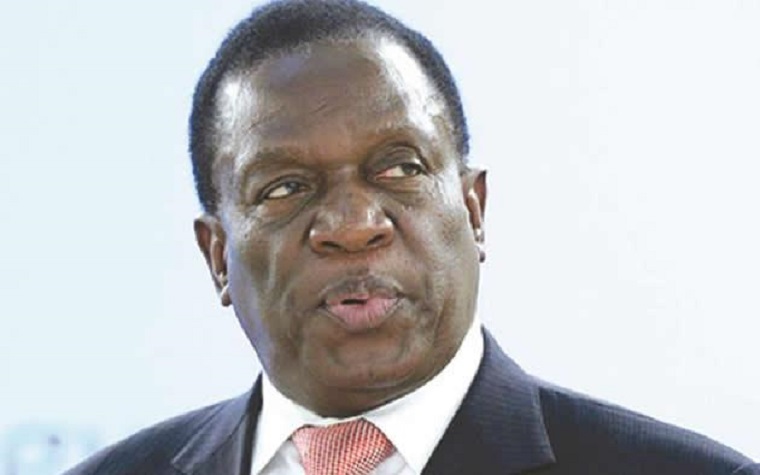There are several reasons why Zimbabwe’s President Robert Mugabe fired his Vice-President Emmerson Mnangagwa on 6 November.
Many were likely to do with ZANU-PF infighting over who will eventually succeed the 93-year-old leader. But one external factor that contributed to Mugabe’s decision was Mnangagwa’s relationship with the UK.
Beginning in the 1980s, Mnangagwa has assured London that he would be a more effective and technocratic leader than Mugabe.
More recently, this led British diplomats in the UK Embassy and some in the Foreign and Commonwealth Office (FCO) to see the decades-long ZANU-PF insider as the candidate they could best work with and the figure most likely to implement urgently-needed economic reforms.
Many UK officials – foremost among them Catriona Laing, the UK Ambassador in Harare – also thought Mnangagwa was the odds on favourite to emerge as Zimbabwe’s next president.
This belief transmuted into thinly-disguised support for him.
The British embassy always denied supporting any particular candidate, but in Zimbabwe, the UK’s perceived preference for the former VP was discussed by journalists, politicians and others as though it were public knowledge.
With Mnangagwa’s dismissal, the UK’s alleged strategy has not only clearly failed, but its perceived backing for Mnangagwa prompted outrage among many Zimbabweans, further weakening the UK’s image in the country.
Moreover, its support for Mnangagwa may have even contributed to his downfall.
Since 2000, President Mugabe’s most important international struggle has been against what he regards as British-led attempts at regime change in Zimbabwe.
London has repeatedly demonised Mugabe for the violent seizure of white-owned commercial farms and human rights violations, while Mugabe has consistently hit back against the “imperialists”.
There may be signs of this relationship thawing, but in many ways, the past two decades of the president’s political career have been defined by his fight with the UK.
Continued next page
(692 VIEWS)
